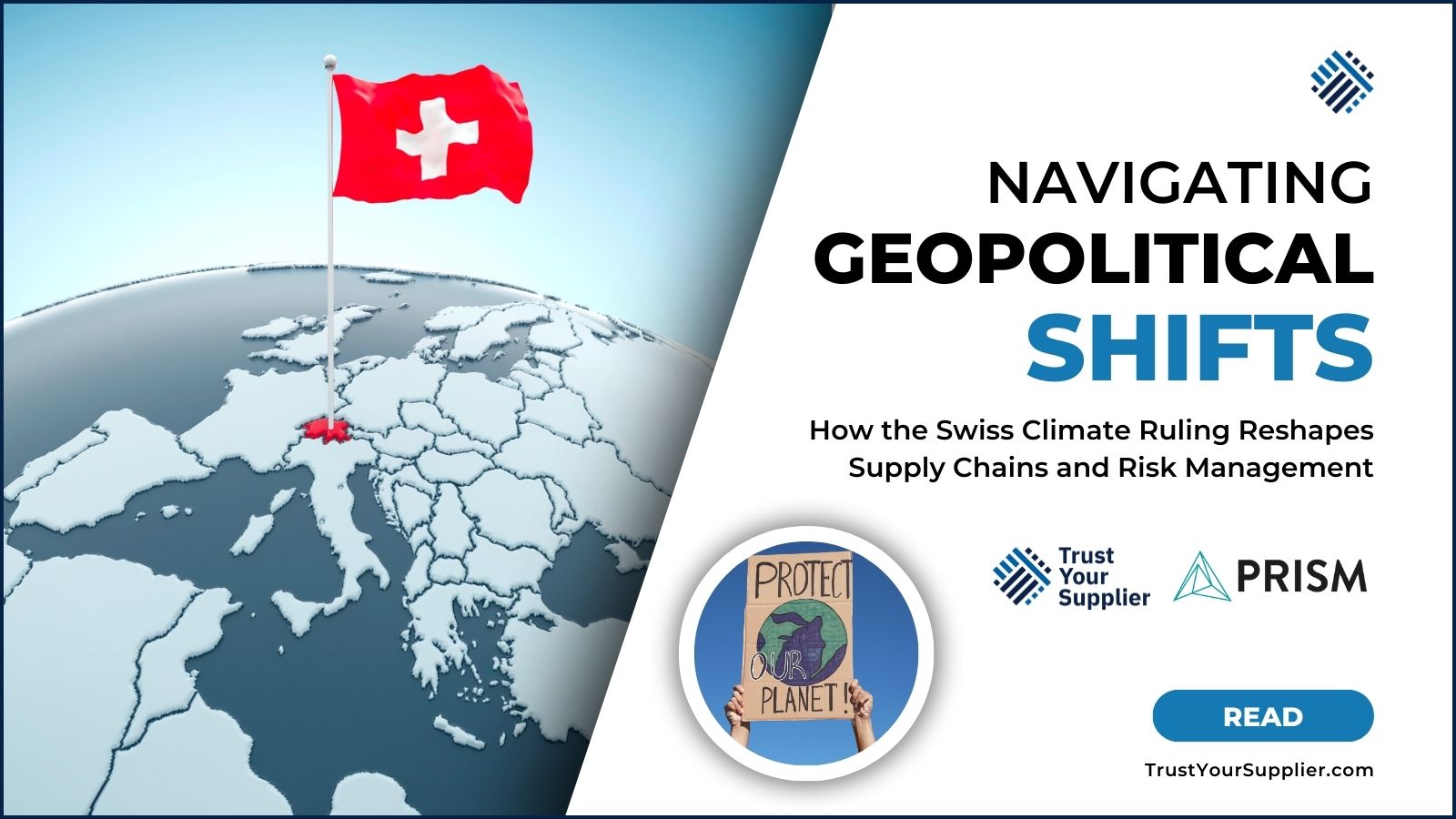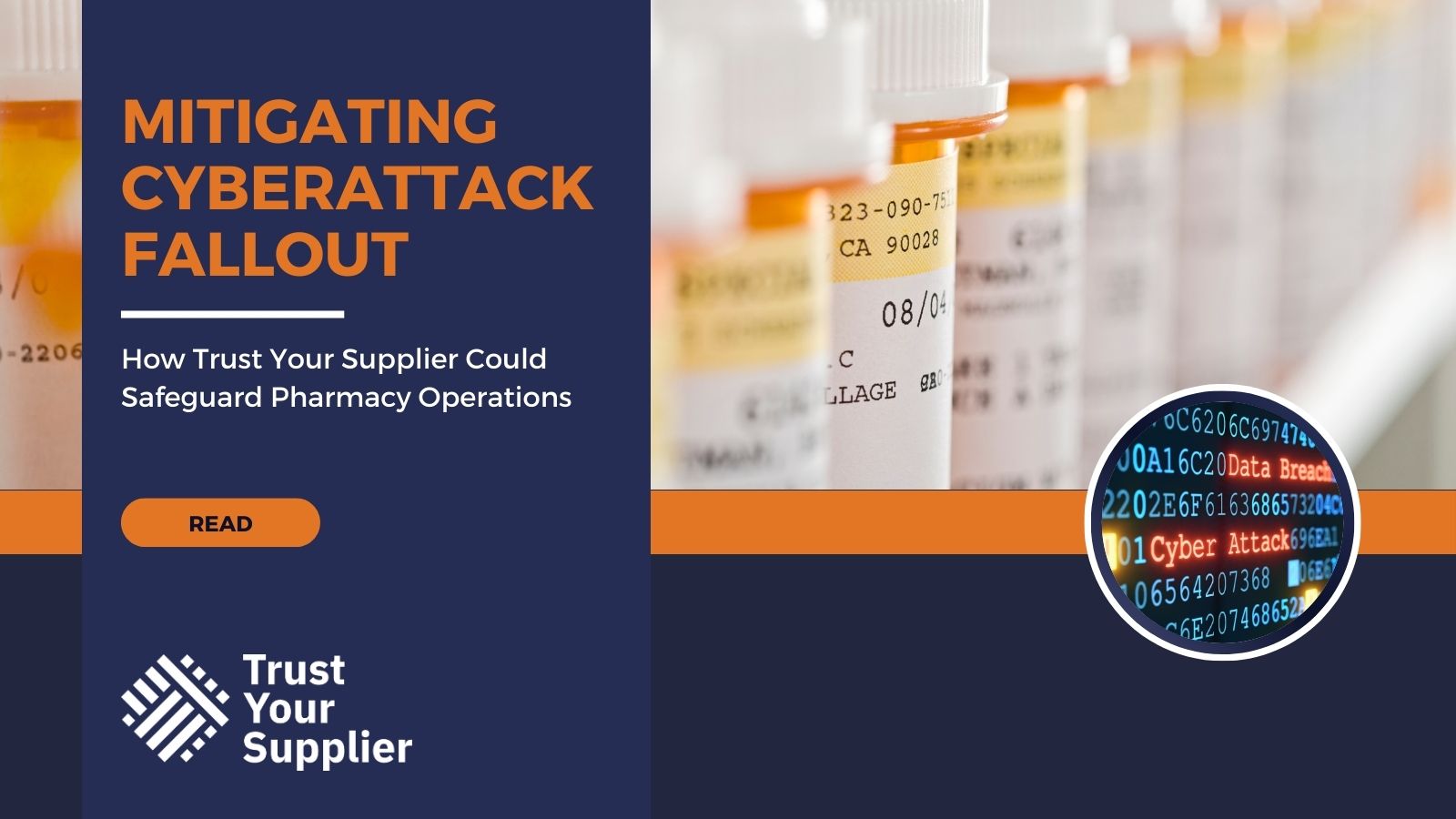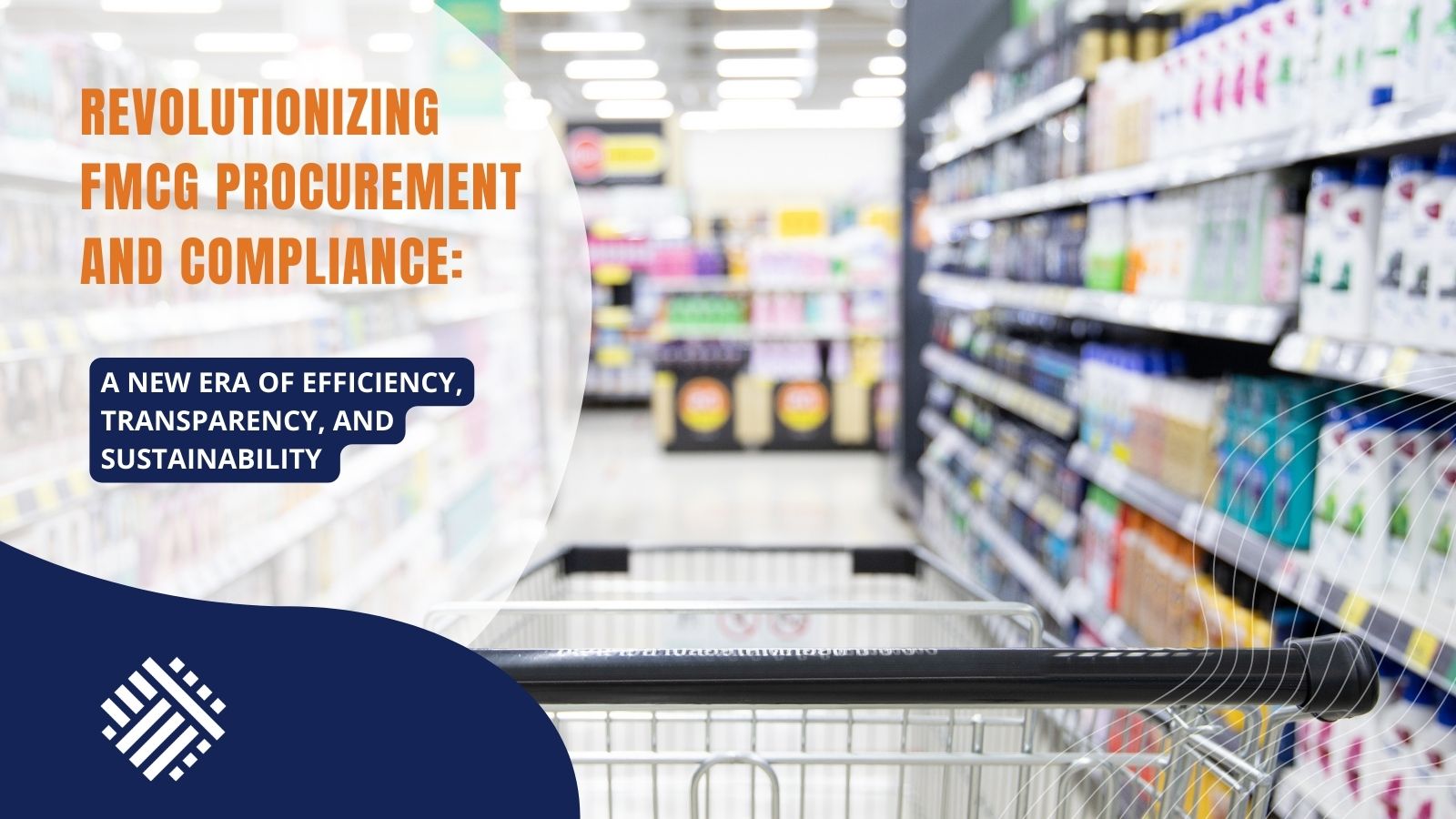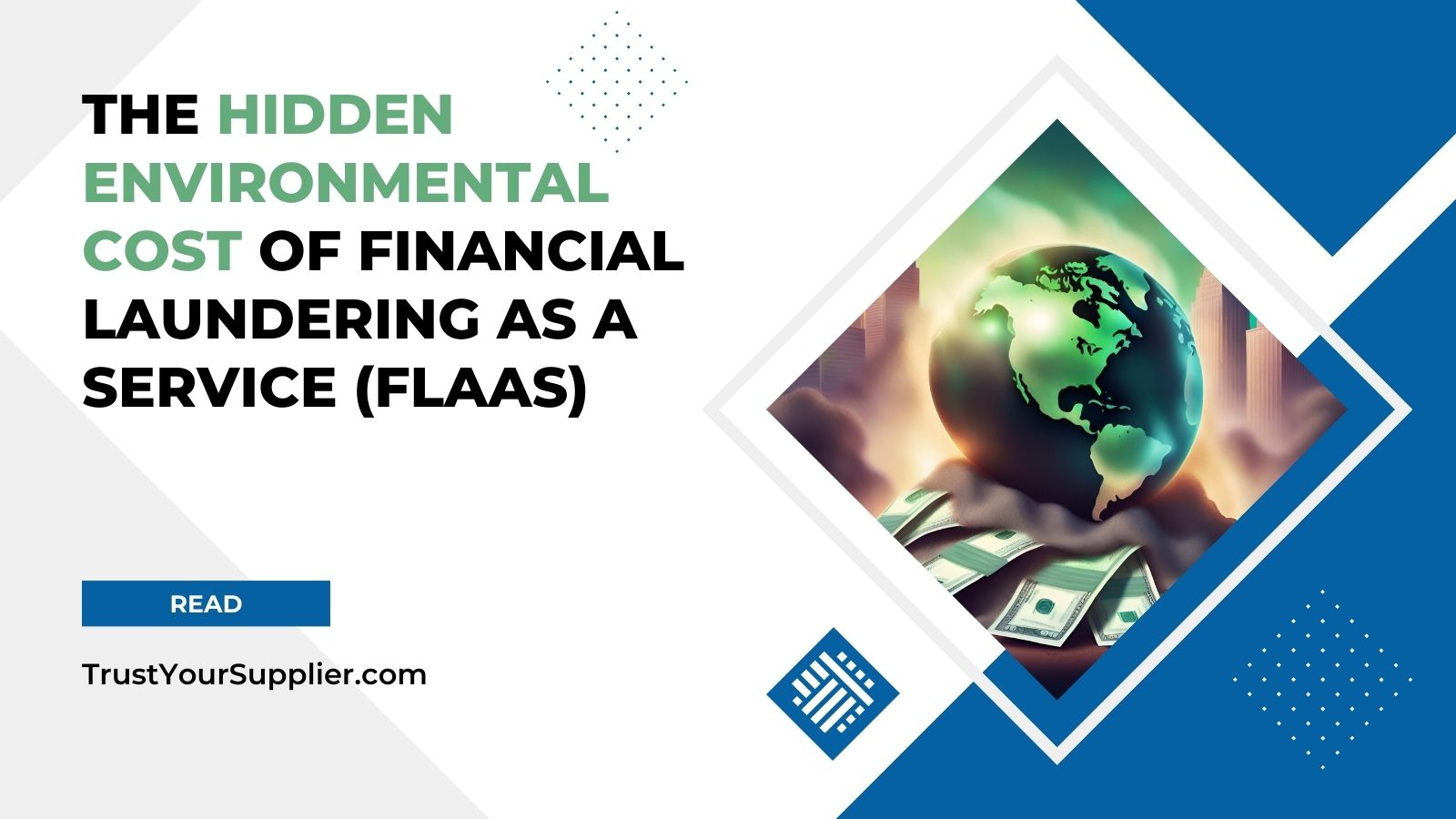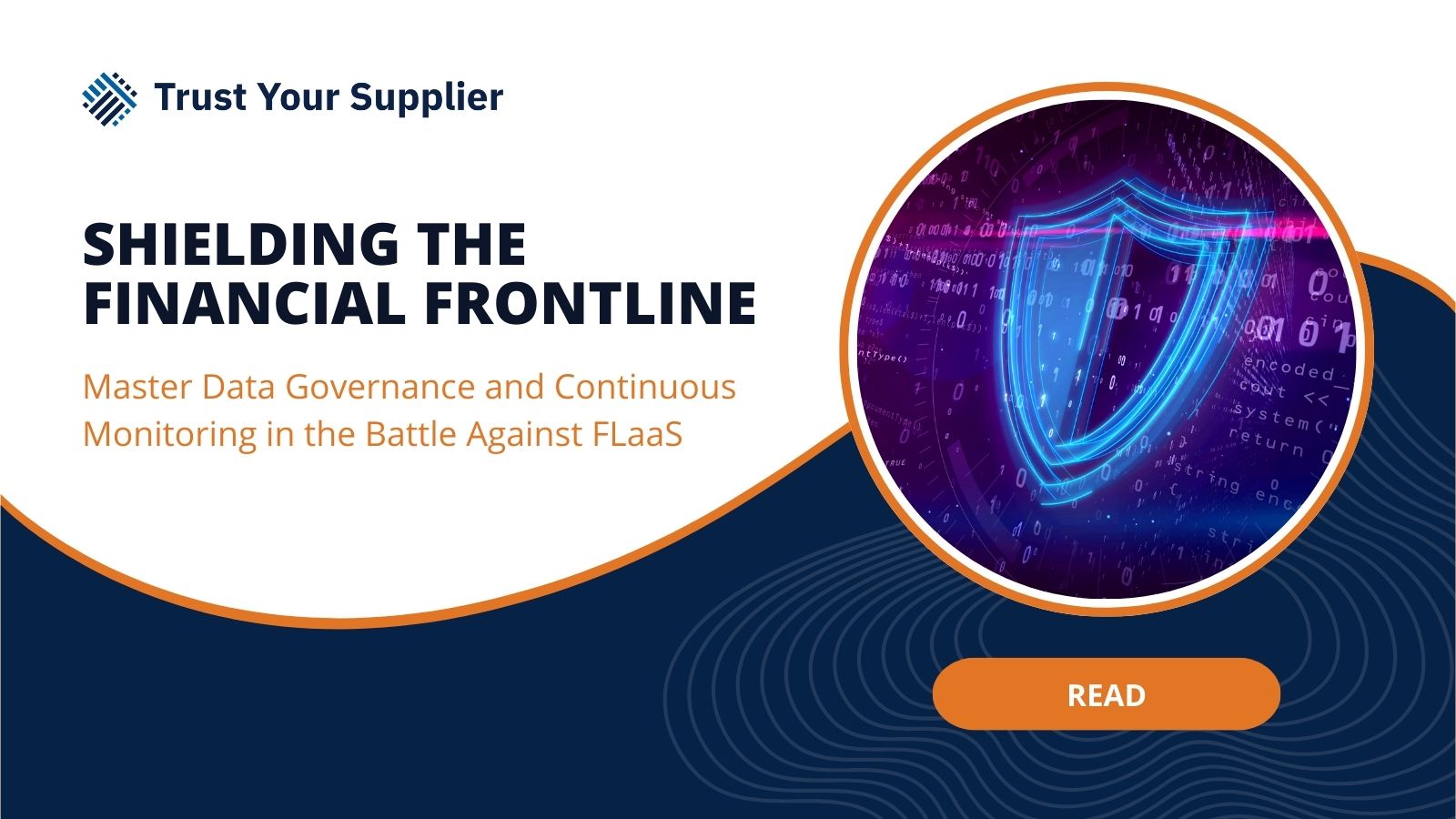Ensuring the highest standards of transparency and reliability in the food manufacturing supply chain is paramount. Consumers today are more conscious than ever about where their food comes from and how it’s produced. Every step in the supply chain needs to be meticulously monitored from farm to table to ensure safety, quality, and compliance. Trust Your Supplier (TYS) offers a cutting-edge blockchain-based solution that transforms supplier and risk management for food manufacturers, ensuring unparalleled transparency and reliability.
The Challenge: Complexity and Risk in the Food Supply Chain
Food manufacturing companies face a unique set of challenges in their supply chains. With numerous suppliers, from farmers to packaging companies, the complexity is immense. This complexity often leads to issues such as:
- Lack of Visibility: Difficulty in tracking supplier information and credentials
- Compliance Risks: Ensuring all suppliers adhere to food safety regulations and standards
- Inefficiencies: Manual processes can lead to errors and delays
- Risk Management: Predicting and mitigating risks related to supplier reliability
The TYS Solution: Blockchain-Based Supplier Information Management
Trust Your Supplier addresses these challenges head-on with our innovative blockchain-based platform, providing a single source of truth for supplier information and updates. Here’s how TYS enhances transparency and reliability in the food manufacturing supply chain:
- Immutable Records and Transparency: Blockchain technology ensures that every update or change to supplier information is immutable, meaning it cannot be altered or deleted. This immutability guarantees that all information about suppliers is accurate and tamper-proof, providing complete transparency to food manufacturers.
- Comprehensive Supplier Profiles: TYS supplier profiles are owned by each supplier, and firmographics are aggregated with risk intelligence data. These profiles are continuously updated with real-time data, ensuring food manufacturers have the most current information to make informed decisions. This comprehensive visibility helps identify and mitigate risks before they become issues.
- Enhanced Compliance and Approval Workflows: With TYS, food manufacturers can automate compliance checks and approval processes. TYS approval workflows streamline validating supplier information and compliance documents.
- Real-Time Monitoring and Updates: TYS offers real-time monitoring of supplier information, including risk data and updates to firmographics or documents such as certifications and tax documents. This ensures that food manufacturers are always aware of the current status of their suppliers and can react swiftly to any changes.
- Predictive and Prescriptive Insights: Leveraging advanced analytics, TYS reports provide insights into potential risks within the supply chain. By analyzing historical data and trends, users can mitigate these risks to maintain a steady and reliable supply chain.
- Efficient and Trustworthy Data Exchange: By using a distributed ledger, all parties have access to the same information in real-time, reducing misunderstandings and errors. This transparency fosters trust and collaboration among suppliers and internal stakeholders.
Use Case: Streamlining Supplier Management
Consider the scenario where a food manufacturing company sources ingredients from multiple suppliers. With TYS, each supplier’s information, including compliance questionnaires, certifications, and risk assessments, is recorded on the blockchain. As suppliers update their documents or firmographics, TYS provides real-time alerts to the food manufacturer, ensuring they always have the most up-to-date information to make informed decisions.
Maintaining transparency and reliability in the food manufacturing supply chain is not just a regulatory requirement but a critical differentiator. Trust Your Supplier provides a reliable blockchain-based solution that helps food manufacturers manage compliance checks, real-time monitoring, and supplier information effectively. By offering comprehensive supplier profiles and streamlined approval workflows, TYS supports food manufacturers in confidently managing their supplier relationships.
Reach out to discuss how you can enhance the integrity and efficiency of your supply chain with TYS.



